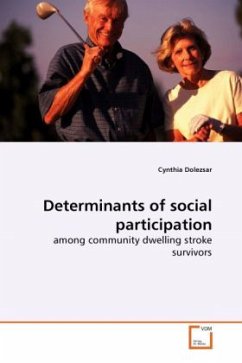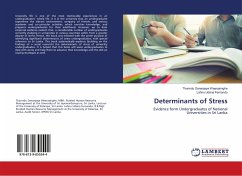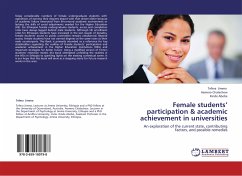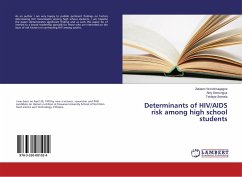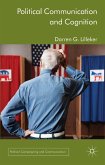Stroke can lead to impairments that restrict participation in social roles. Despite being recognized as an important outcome in rehabilitation, little is known about the predictors of participation. The aim of this study was to estimate the independent contributions of depressive symptomatology, gender and functional independence, measured 2 weeks post-stroke, in predicting participation among stroke survivors 6 months post- stroke beyond those afforded by age, co-morbid conditions and a history of depression (N=66). Multiple regression analyses generated a significant model (F(5,60) = 5.74, R2=37%, p0.01), where greater functional independence predicted greater levels of participation. No other study variables were identified as independent predictors. These results are in line with other evidence that functional limitation is a risk factor for restricted participation. Screening and targeting functional independence during hospitalization for stroke will allow for rehabilitation programs to identify those at risk for restricted participation once stroke survivors return to the community.
Bitte wählen Sie Ihr Anliegen aus.
Rechnungen
Retourenschein anfordern
Bestellstatus
Storno

